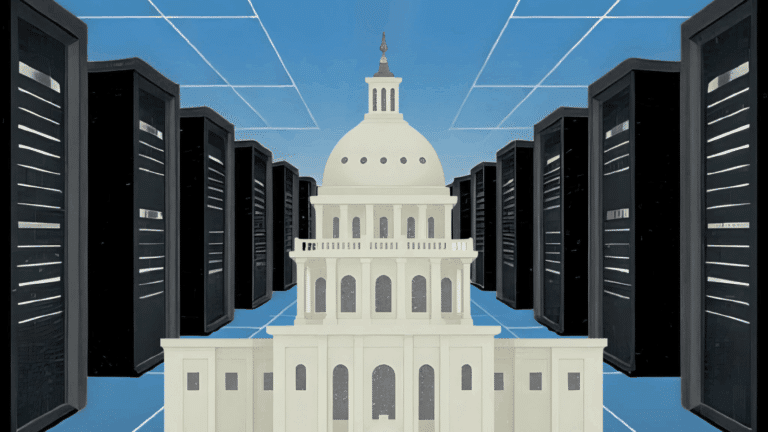Europe is in the throes of a severe energy crisis, with oil, gas, electricity, and coal prices skyrocketing this year. As the continent braces for winter, its leaders face difficult questions about whether or not there will be enough energy to heat homes and power the economy into 2023 and beyond.
Meanwhile Europeans are contending with the ongoing Russian invasion of Ukraine. As they try to pressure Russia economically, they’re attempting to minimize how much they squeeze their own energy sectors.
This energy crisis is occurring against the backdrop of an unfolding climate crisis. It has taken a toll on Europe this summer, inflicting major heat waves and drought across much of the continent. European governments, which have accelerated their efforts to fight climate change through the European Green Deal, must now balance the need for reducing carbon emissions with the need to meet current fossil fuel demand.
How can Europe’s leaders find a compromise? How can they meet the current energy demands of their constituents? And what does a long-term energy security plan look like for Europe?
This week we are airing host Jason Bordoff’s recent interview with Frans Timmermans from Columbia’s World Leaders Forum. They sat down for a conversation titled, “Staying the Course in a World of Turmoil.”
Frans is the executive vice-president of the European Commission for the European Green Deal and the European commissioner for climate action. He has an extensive background in Dutch politics, serving as a member of the House of Representatives, the State Secretary of Foriegn Affairs, and, most recently, the Minister of Foreign Affairs.
Jason and Frans talk about how the European Union can balance decarbonization, affordability, and energy security in the upcoming months. They also discuss what this crisis means for energy planning in the long-term.









